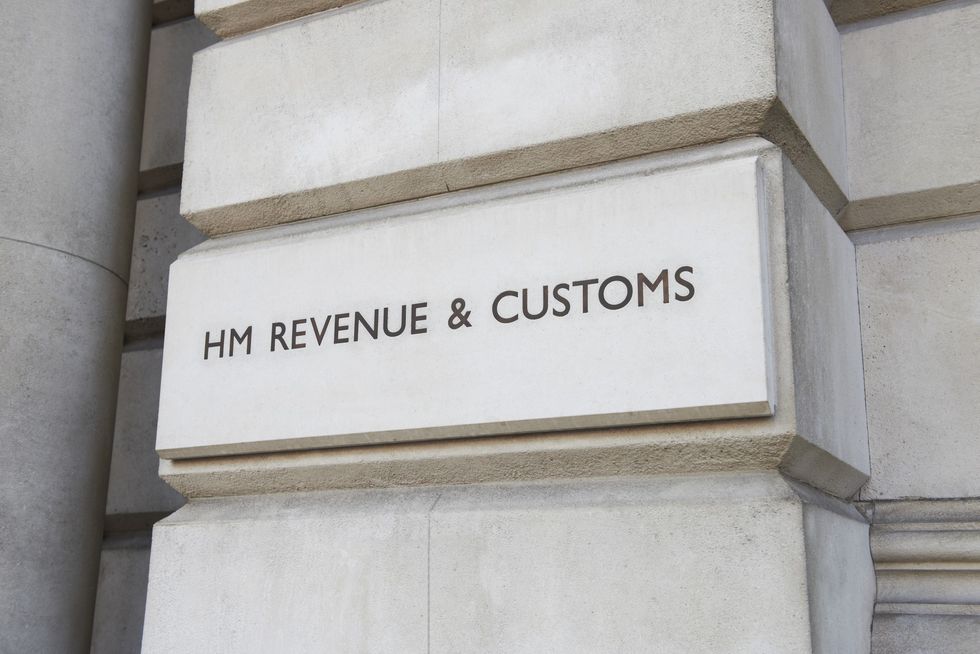Families are increasingly being drawn into a growing tax burden, new figures show, but there are ways to minimise the tax bill.
Recent data reveals a significant rise in inheritance tax receipts, with experts warning more households are likely to be affected in the years ahead.
Inheritance Tax receipts have reached a new record high of £8.2billion for the period from April 2024 to March 2025. This represents an increase of £0.8bn compared to the same period last year.
The record-breaking figure comes as IHT thresholds remain frozen until 2030, including the £325,000 nil rate band and the £175,000 residence nil rate band.
Financial experts warn that with several years of the freeze still to come, more families will find themselves liable for substantial inheritance tax bills.
Many households that would have previously escaped IHT are now being caught by rising asset values against static thresholds.
Jonathan Halberda, specialist financial adviser at Wesleyan Financial Services, said: “With an increasing number of families being pulled into the scope of inheritance tax (IHT), the latest rise in receipts comes as little surprise.

With IHT bills rising, financial advisers suggest several strategies to manage exposure
GETTY
“Month-on-month, we’re seeing the impact of frozen thresholds that no longer reflect current asset values, alongside an increasingly complex system.
“Many who wouldn’t have faced a tax bill just a few years ago are now being caught out, while others don’t realise their estate is at risk until it’s too late to plan.”
He added that bringing pensions under the IHT umbrella in 2027 will add further complexity to an already challenging system. Halberda explained the most tax-efficient ways to mitigate this bill.
Managed gift giving
With IHT bills rising, financial advisers suggest several strategies to manage exposure. One of the most straightforward approaches is managed gift giving. Each year, individuals can give gifts of any value to a spouse or partner, or up to £3,000 to anyone else.
LATEST DEVELOPMENTS:
Regular payments from income can also help prevent estates from exceeding the £325,000 tax-free allowance. However, there are important limitations to consider.
Gifts made less than seven years before death may still be subject to tax, depending on their value and the recipient’s relationship to the giver.
This seven-year rule is a crucial consideration when planning gift-based inheritance tax strategies.
Trusts offer another effective method for reducing inheritance tax liability. By placing assets in a trust, they technically no longer belong to you and aren’t counted as part of your estate for tax purposes.
Try a trust
A trust is a legal arrangement where assets are held by trustees for someone else’s benefit. The key advantage is that you can still maintain control over how, when, and to whom the money is paid.
Using trusts can offer both tax efficiency and flexibility when managing an estate, particularly for those with complex family situations or specific wishes for how assets should be distributed after death.

Marriage and civil partnerships provide key inheritance tax advantages that unmarried couples cannot access
GETTY
Plan for your partner
Marriage and civil partnerships provide key inheritance tax advantages that unmarried couples cannot access.
Married couples and civil partners can pass their entire estate — including the family home — to their spouse without paying inheritance tax, even if the estate exceeds the standard £325,000 threshold.
Unmarried couples, regardless of how long they’ve lived together, do not qualify for this exemption. As a result, some couples choose to marry or enter a civil partnership as part of their inheritance planning, potentially saving substantial amounts in tax.
Where there’s a will…
Experts also stress the importance of having an up-to-date will. Without one, individuals lose control over how their assets are distributed and may face higher inheritance tax liabilities.
A valid, regularly reviewed will allows people to make full use of tax allowances and ensure their estate is passed on according to their wishes.
This proactive approach helps keep your inheritance tax bill as low as possible.
A properly structured will can work alongside other strategies like gifts, trusts and marriage benefits to create a comprehensive inheritance tax plan.
Regular reviews ensure your will remains effective as tax rules and personal circumstances change.








